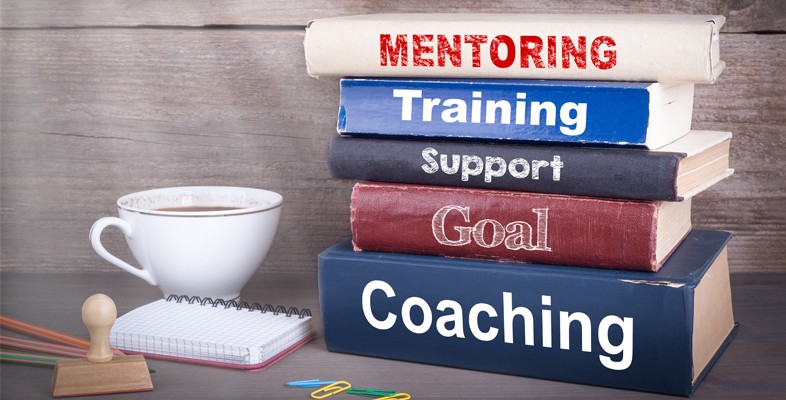1.2 What makes a good coach?
At the core of good coaching is an interest in making things better for people, and the emotional intelligence to build effective relationships with them.
Listen to these coaches sharing their opinion of what makes a good coach.

Transcript
In his Goals and Achievements blog, ‘The 8 key skills for effective coaching’, Duncan Brodie (no date) lists the following necessary skills:
- Listening
- Questioning
- Constructively challenging
- Holding to account
- Seeing different perspectives
- Encouraging and supporting
- Trusting and using intuition
- Keeping the focus on your client.
You’ll notice that this list doesn’t differ widely from the skills required by a good mentor, except in two significant places:
- trusting and using intuition – a mentor is usually someone who understands the context you are in, whereas a coach may have no experience of your particular occupation or issue so must rely more on their intuition to ask questions and provide encouragement.
- keeping the focus on your client – while the focus should of course be on the needs of the mentee, a mentor is much more likely to spend time sharing their own experiences than a coach.
Van Nieuwerburgh (2017, pp. 173–5) focuses on how a coach can develop ‘a coaching way of being’. He explains that the most effective coaches:
- are humble
- are confident in their ability as coaches
- care about people
- believe that their coachees will achieve more of their potential
- treat others with respect
- have integrity
- demonstrate intercultural sensitivity.
In the next section, you’ll start to look at some of the key skills that an effective mentor or coach will demonstrate.
